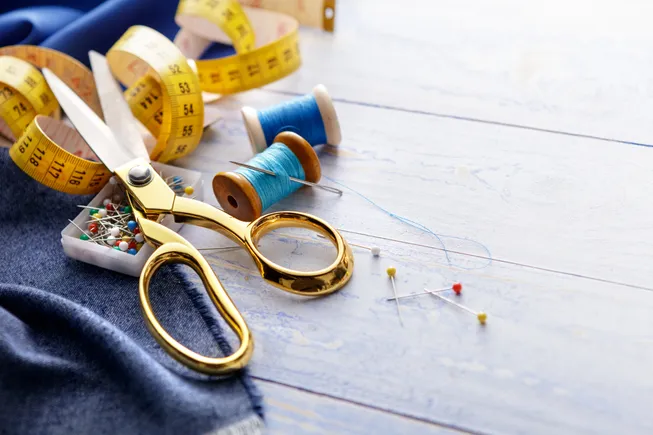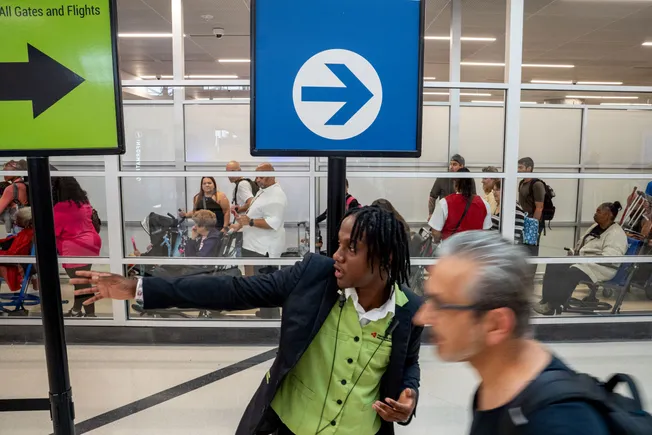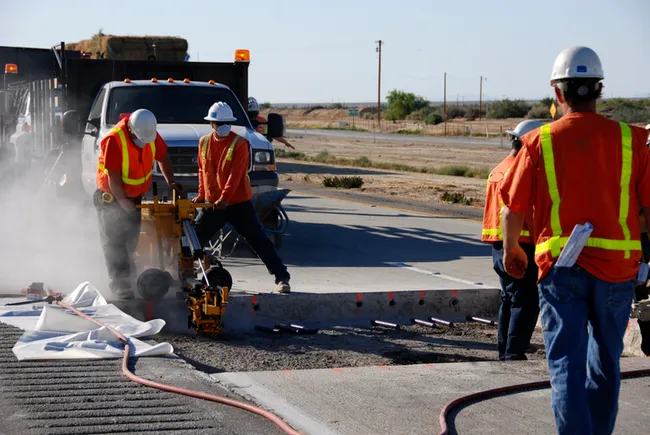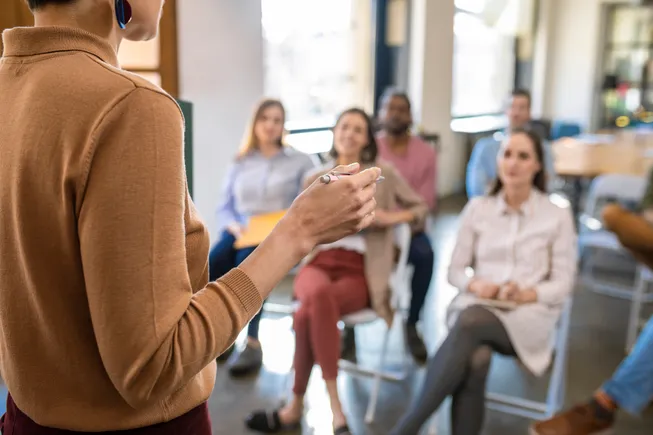Dive Brief:
- A public high school for students with disabilities in Brooklyn, New York, has tailored a sewing lab to provide real-world, hands-on job skills specifically for students with special needs.
- The Sewing Lab at Lillian Rashkis High School is led by a Fashion Institute of Technology graduate and teaches skills like sewing, time management and teamwork. At the end of the course, students stage a fashion show featuring their creations.
- According to the most recent National Center for Education Statistics data, the graduation rate for students with disabilities was 70.6% for the 2019-20 school year, compared to 86.5% for all students.
Dive Insight:
The most effective way to prepare students with disabilities for life after graduation is to learn about their postsecondary goals, as not everyone will want to pursue college, said Laurie VanderPloeg, associate executive director for professional affairs at the Council for Exceptional Children.
Knowing about students’ specific interest areas can help schools and educators use available resources to ensure a successful transition process out of high school, she said.
When it comes to career development programming, VanderPloeg said, the best approach is to teach both hard skills, like how to operate a sewing machine, and soft skills, like getting to work on time and being able to effectively communicate and advocate for yourself.
“What we need to do is put an equal emphasis on ensuring that our individuals with disabilities have the soft skills to be able to self-manage and self-regulate and self-advocate in a work setting, as much as it is important to teach them” job-related skills, VanderPloeg said.
The Lillian Rashkis sewing lab aims to strike such a balance. The lab is part of the school’s Career Development and Occupational Studies program.
Research shows that students with disabilities who participate in career and technical education courses have higher employment rates after graduation. However, special education advocates emphasize that for students to build the skills to succeed, schools must implement a social-emotional framework.
Programs like the Sewing Lab empower students by giving them marketable skills in a creative field, and according to VanderPloeg creating these environments where students can receive constructive feedback will help mitigate the impact of barriers to success.






Leave a Reply